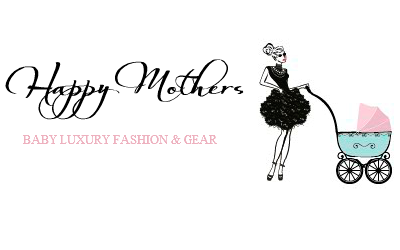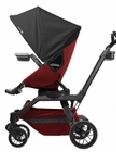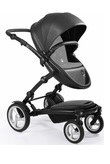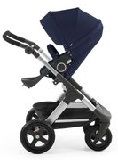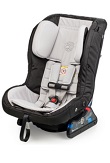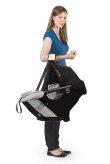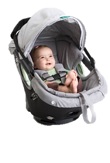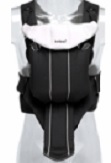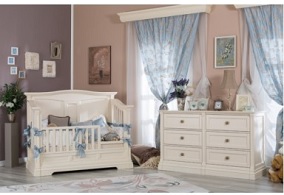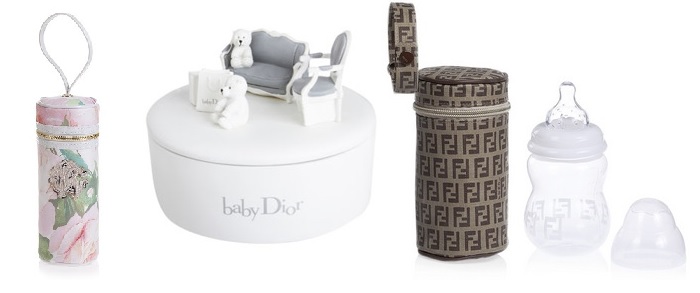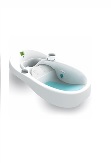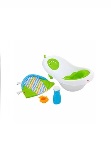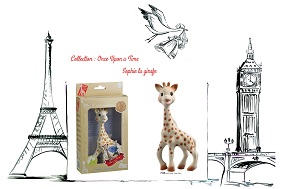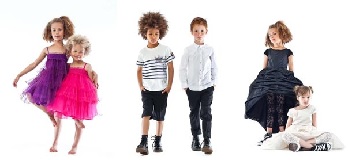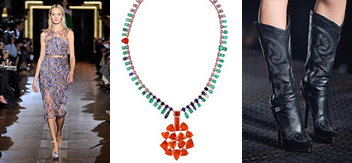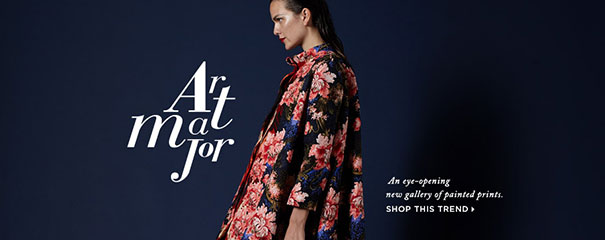Thinkbaby The New Design
Baby bottle nipples and spouts made from silicone will typically last 2 to 3 months prior to needing replacement. If you notice tears or breakage, discontinue use and replace. For more information and buying option, click here.
How does the venting system work?
The venting systems work by allowing air to travel back into the baby bottle. Movement of air back into the baby bottle allows the bottles internal pressure to reach equilibrium. This reduces the amount of suction required to get fluid out of the baby bottle. Research shows that having a venting system reduces the incidence of gas and spit up, as children take in less air when drinking when venting systems are present. While most modern baby bottles have some sort of venting system, the advantage to Thinkbabys system is that it is build right into the baby bottle nipple. So there are no extra parts to deal with and its easy to clean.
How do I convert the Thinkbaby bottle into the Sippy Cup?
One of the great things about the Thinkbaby system is that you can convert the baby bottles into our award winning Sippy Cups. Simply purchase the Thinkbaby Conversion kit from your local retailer or online. To convert, remove the baby bottle nipple and replace with the Sippy Cup spout. Then place the Sippy Cup handles around the top of the baby bottle and push down over the neck of the bottle. Tighten the collar with spout around the neck of the bottle and.presto chango you have our award winning Sippy Cup!!!
How to prevent nipple collapse?
Step 1
With cross cut nipples it is important that you have the right nipple flow for your childs age. The suggested age range is listed above. This is the number one reason for nipple collapse across baby bottle lines. Please note that these numbers are based on averages. If you have an especially fast or slow feeder on your hands, you may need to adjust your movement between flow levels.
Step 2
Do not over tighten the collar, as this will restrict the airflow.
Do you conduct animal testing?
We do not conduct animal testing on any of our products. All of our testing is either chemical testing or biological testing (on cells). We utilize third-party globally certified laboratories to conduct our testing.
- Free of – Bisphenol-A (BPA), phthalates, nitrosamines, lead, PVC, PET, and biologically harmful chemicals.
- No spill nipple – features our cross cut design. The design also mimics natural breastfeeding as it requires your little one to nurse to receive fluid.
- Anti-colic nipple helps reduce incidence of gas and spit up. Unique one-piece design eliminates cleaning headaches and tricky assembly. No extra parts to lose.
- Extra soft, medical grade silicone – provides easier transition from breastfeeding to bottle feeding.
- Comes with Stage A nipple (for 0 – 6 months and marked with a number 2 on the nipple).
- Dishwasher safe (Top rack recommended).
The transformational line
The Thinkbaby system allows parents to transform baby bottles to our award winning Sippy Cup through purchase of the Conversion Kit. The system saves parents money and the environment from discarding baby bottles when its time for the next stage in feeding.
Before first use:
We recommend sterilizing the bottles in boiling water for 2 to 5 minutes before first use. We do not recommend utilizing sterilizers, as we cannot guaranty that the ones on the market were made with safe materials. While the baby bottles are technically microwave safe, we strongly suggest that parents do away with the use of microwaves for all items and products destined for your little one.
To prepare the nipple for first use, please squeeze the top of the nipple and the venting tube. You will want to make sure that both open properly. When tightening down the collar of the bottle, do not over tighten, as this will reduce the amount of airflow into the baby bottle.
What type of materials do you use in your baby bottle?
The nipple is made from medical grade silicone.
What nipple flow should I use?
Thinkbaby baby bottles come outfitted with Stage A nipples. The nipples are designed for newborns to 6 months. The flow rates are determined by averages. Depending on your little one you may need to adjust which flow rate that you purchase. The chart below should provide help in determining which to purchase.
We highly recommend that parents are purchasing at least 4 additional baby bottle nipples per stage.
Childs Age Suggested Flow Rate
0 to 6 months Stage A Nipples
6 + months Stage B Nipples
9 to 36 months Sippy Cup Spouts
18 to 48+ months Thinkster straws
Read in Magazine
You must be logged in to post a comment.
click here to log in





